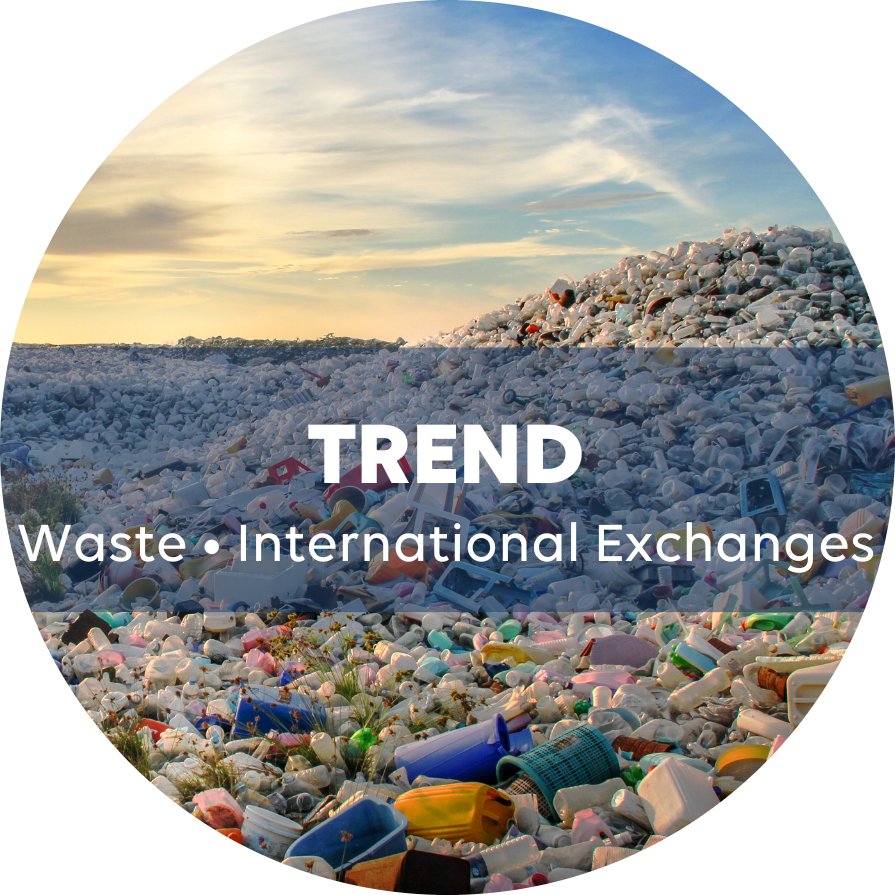Waste • In the absence of circularity, the dustbins of the Global North spill over into the South
The bans on waste imports by Asian countries since 2018 have revealed the lack of storage capacity in exporting countries. The year was marked by the North's search for alternatives, the increase in illegal flows and the pressure from recycling firms in the "Global South" to lift the bans.

- While South-East Asian countries were gradually closing their borders to new waste entering their territory, exporting countries found themselves caught between their massive production of waste and their inability to recycle it.
- While the amendments to the Basel Convention aimed to limit the export of plastic waste that is difficult to recycle to developing countries, the governments of southern countries, yielding to the needs of industry, are beginning to relax the legislation in force to allow waste to be imported more freely into their territory.
- In Europe, the United States, Canada and Japan, efforts to invest in new local capacities and the strengthening of recycling standards and objectives are part of a long-term process that does not erase the short-term need to export waste, sometimes in defiance of international rules.


